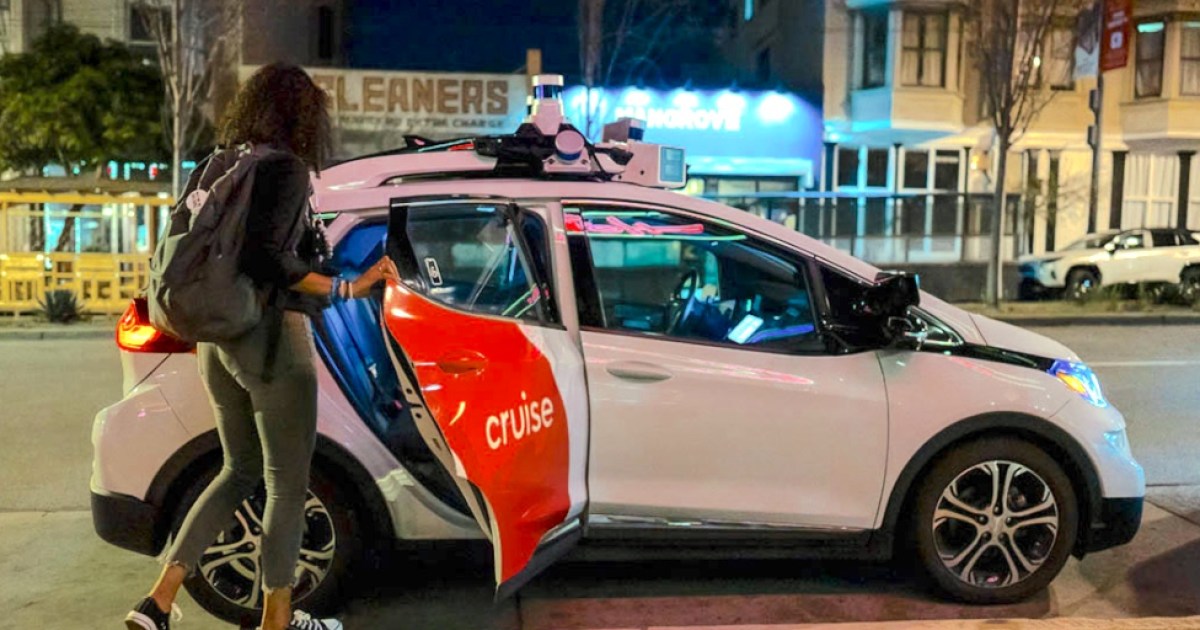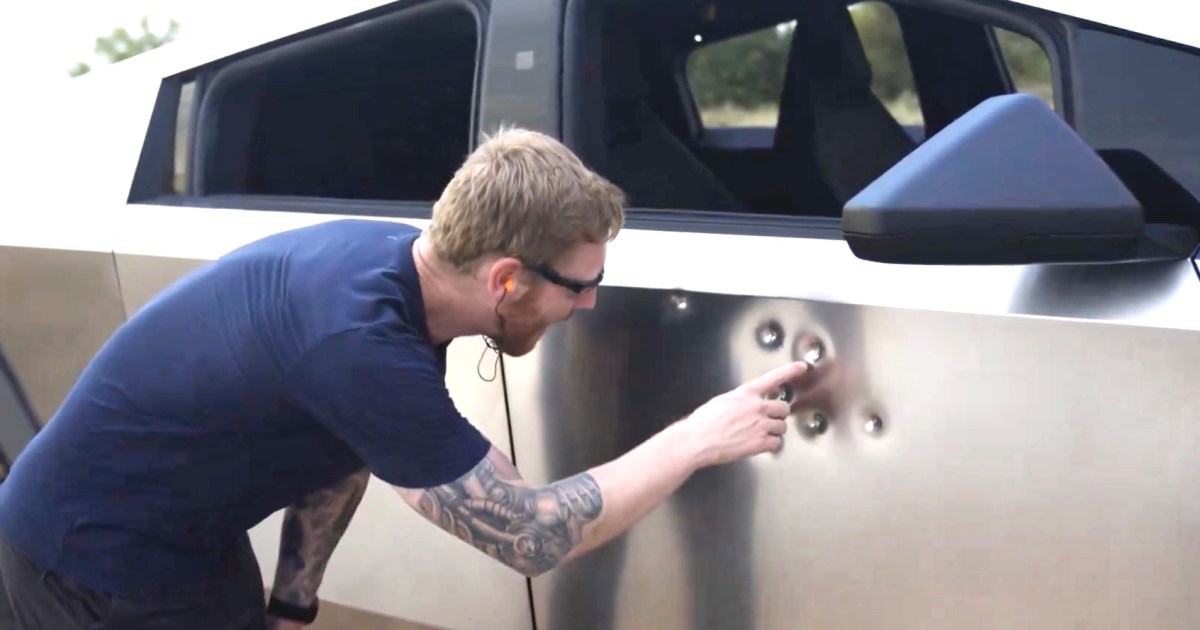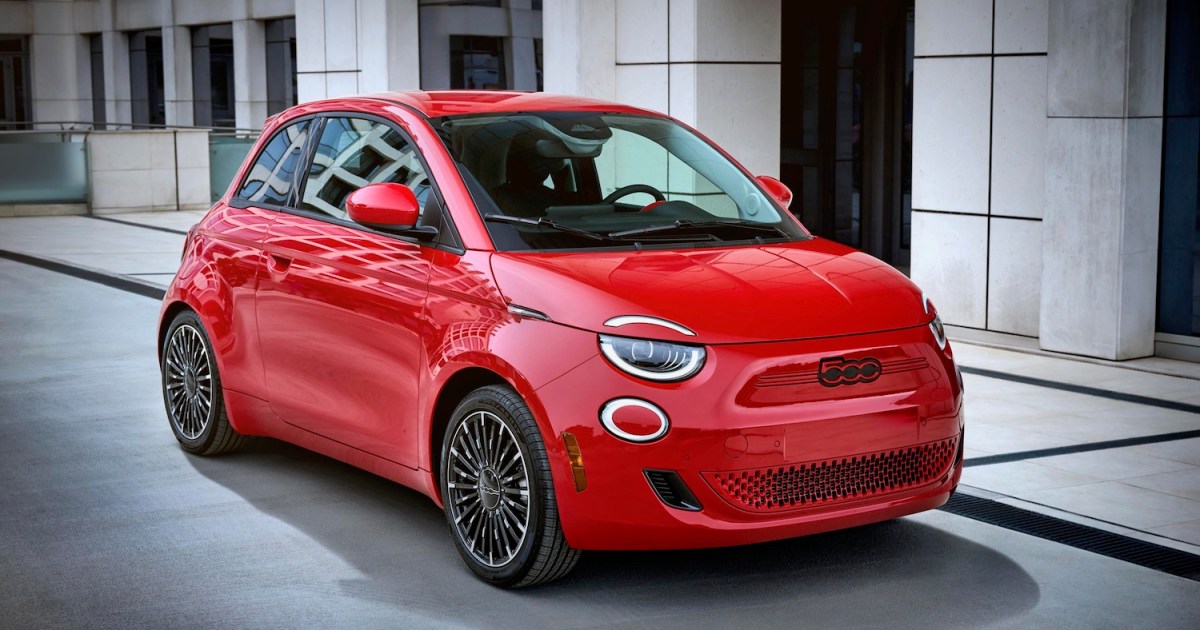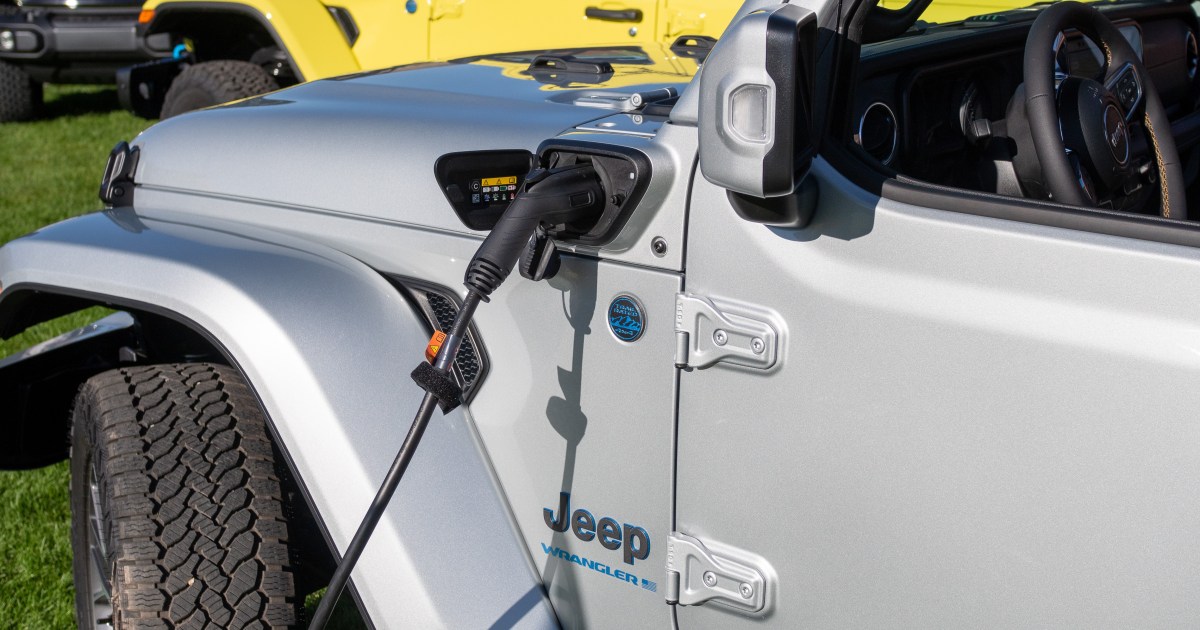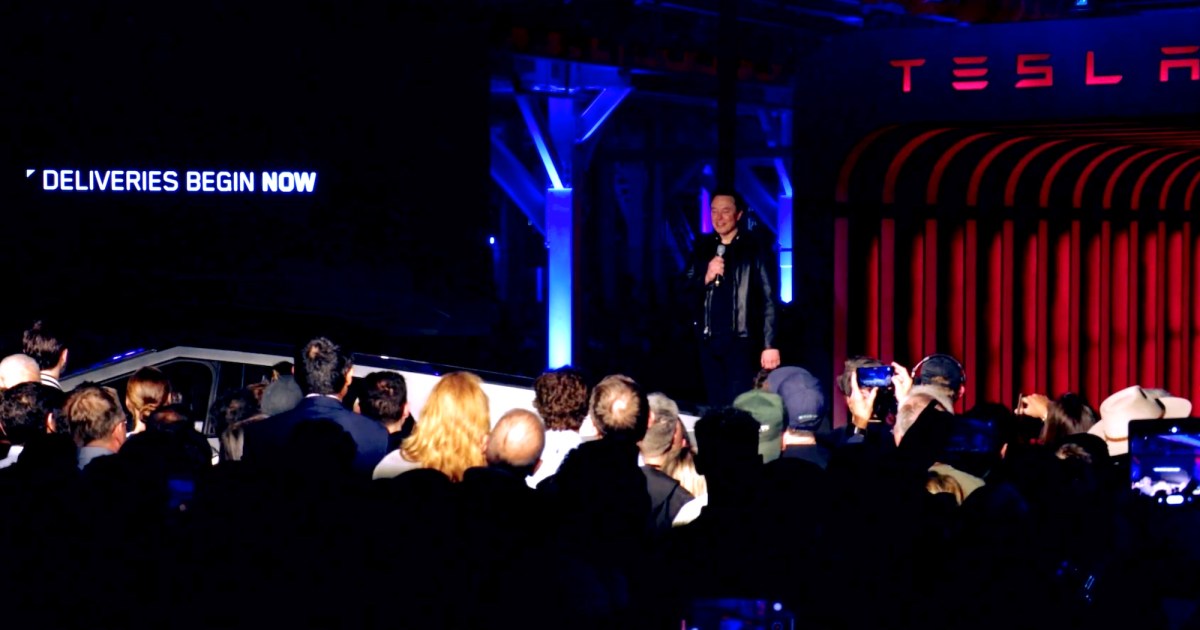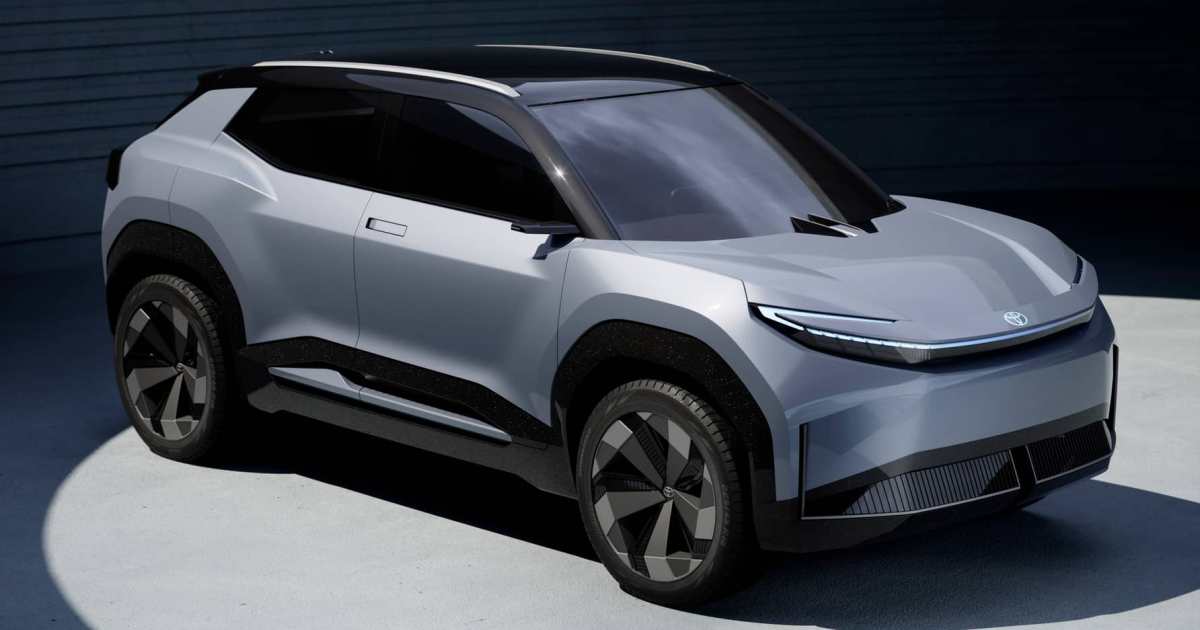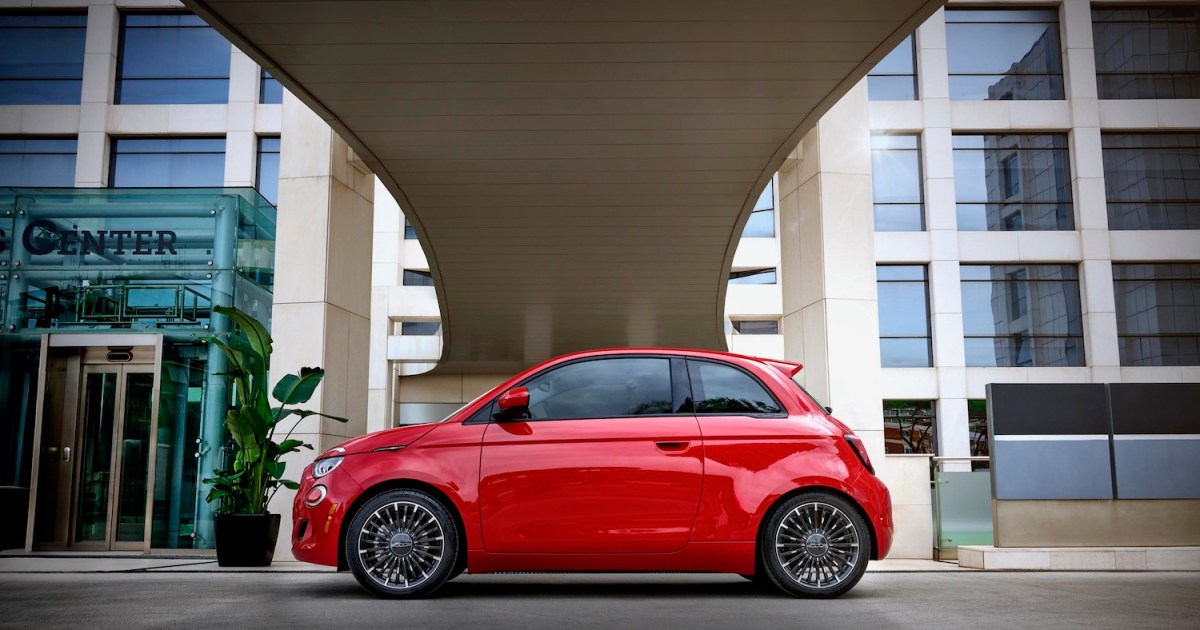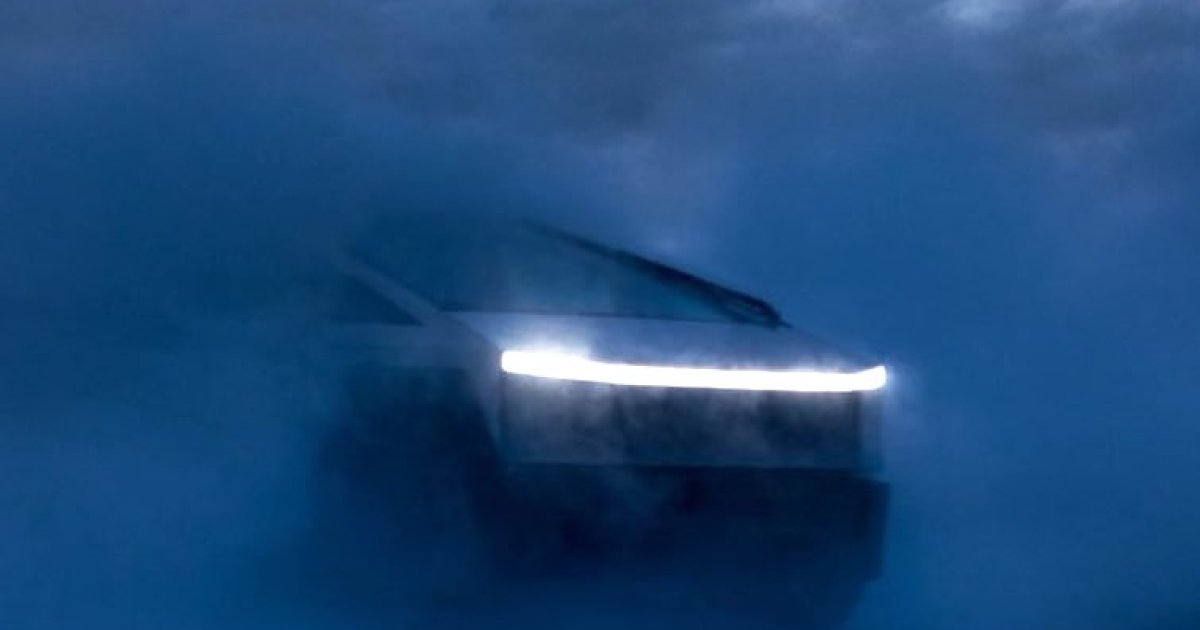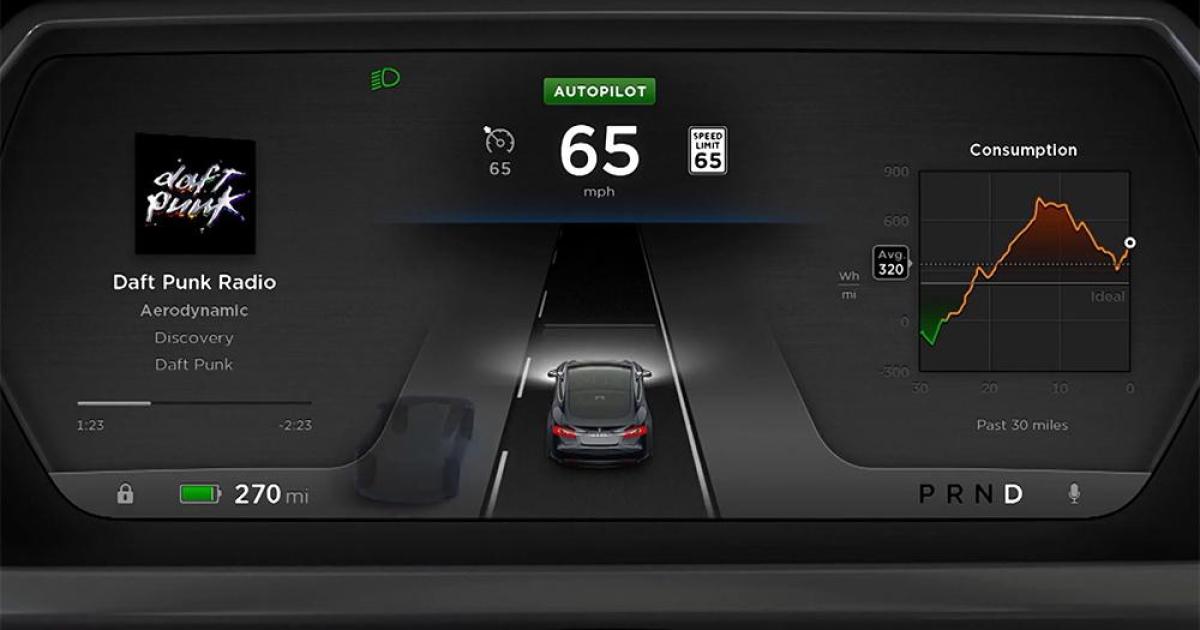Cruise, the autonomous vehicle startup backed by General Motors (GM), faces further challenges as reports suggest GM is preparing to significantly reduce its funding. This news comes after Cruise recently suspended nationwide testing following several concerning incidents involving its self-driving cars. The most serious occurred last month in San Francisco when a Cruise vehicle stopped on top of a woman who had just been struck by a human-driven car.
The Financial Times, citing sources familiar with the matter, reported that GM will unveil its reduced funding plan for Cruise on Wednesday. GM acquired Cruise in 2016 and has since invested approximately $8 billion. Current quarterly investments are estimated at $700 million, enabling Cruise’s driverless operations in California, Texas, Arizona, and Florida.
Cruise had initiated autonomous taxi services with plans for broader expansion. However, funding cuts and ongoing technological hurdles could significantly delay these ambitions. Just days before the departure of co-founder and CEO Kyle Vogt and chief product officer Daniel Kan, GM reaffirmed its commitment to autonomous vehicle technology, emphasizing its potential positive societal impact and belief in Cruise’s transformative technology. GM stated its dedication to Cruise and its commercialization goals remained unwavering.
Following the incidents, Cruise pledged to rebuild public trust and critically examine its operations, even if it meant confronting difficult issues. Cruise’s struggles underscore the significant challenges facing the autonomous vehicle industry. Last year, Ford and Volkswagen shut down their joint autonomous driving venture, Argo AI, although some employees were offered opportunities to continue working on the technology with the automakers.
Meanwhile, Alphabet’s Waymo remains a strong contender, continuing its self-driving tests across several states. Waymo recently announced its vehicles have provided over 700,000 fully driverless rides this year.



